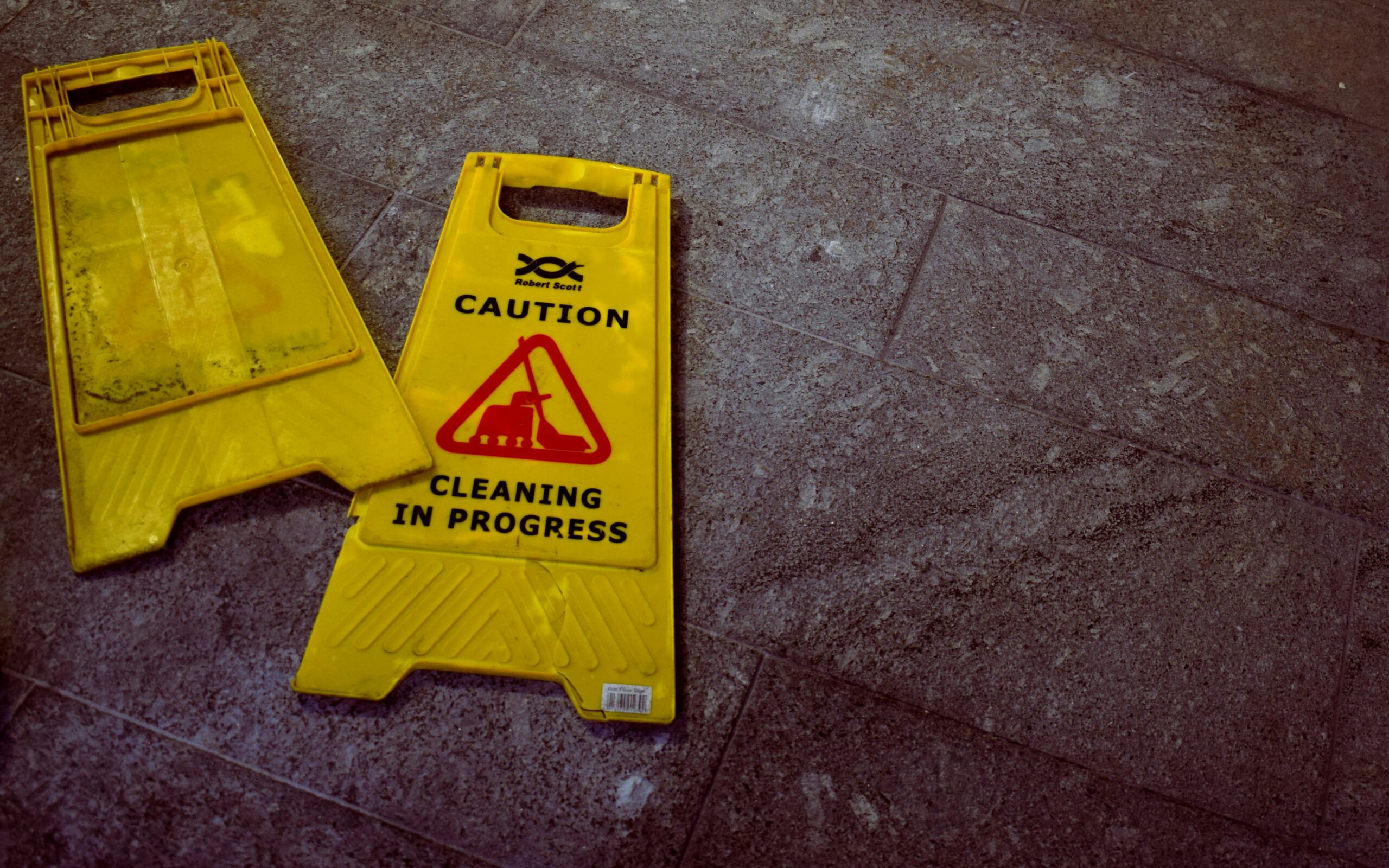Anyone with a commercial insurance policy will almost certainly have experienced the headache of pre-renewal. Requesting to update financials, checking sums insured, and detailing changes to the business should happen every year – and in our opinion, the earlier, the better.
Who benefits from starting the process early?
Starting the renewal process early allows more time for all parties involved.
Insurers and underwriters
Insurers have time to understand changes to the risk profile, making decisions on what terms they might need to apply and the premium they might charge.
What’s more, underwriters rarely operate by themselves, instead working as teams with different expertise. This might mean certain risk aspects need a referral and sign-off from specialists, creating bottlenecks. The earlier you start the renewal process, the less likely you’ll suffer from unexpected problems.
Brokers
Brokers make sure that the insurance provided for their clients is suitable, of decent quality, and competitively priced. And getting your renewal information together early is key to that. Firstly, it means renewal terms should be provided sooner, so your broker can deal with any unexpected issues without delay, like forced reduction in limits, problematic terms, or an unwarranted premium increase. The extra time allows your broker to negotiate on your behalf and, if not successful, find alternative quotes to get you the best deal. Secondly, it gives your broker a chance to test the market – only possible if the information is provided before the last moment. Even if there isn’t a problem, we recommend asking your broker to test the market at least every two to three years.
You
There’s surely not much more frustrating than a big panic in the days leading up to renewal, getting dragged out of meetings to answer questions from insurers, and making a hasty decision without time to truly consider it. The earlier you renew and receive your terms, the sooner you’ll have the right cover at a decent price – so you can budget effectively, confirm your cover levels to clients, and better manage your time.Get that information submitted early.
Is early renewal really that important?
Insurance is vital to manage risks and protect businesses from unforeseen circumstances. It allows you to operate without constant fear of anything and everything going wrong.
Your renewal might not be the most exciting thing you look forward to (it would be a little strange if it was), and we understand that it can be time-consuming collating the information needed. But it’s crucial for underwriters and brokers to obtain timely and accurate renewal insurance information. Here’s why…
Financial implications
Pricing and rate determination
With more time, underwriters can evaluate the financial standing of a business and assess its risk profile to determine appropriate pricing and premium rates. This ensures that the insurance coverage aligns with the business’s financial capabilities.
Last-minute renewals could cost you as insurers might not have time to consider any mitigating risk information.
Risk evaluation and mitigation
Underwriters can thoroughly evaluate any changes in the business’s financial situation. Analysing revenue growth or loss enables them to accurately assess the potential risks associated and recommend suitable risk mitigation strategies.
We’ve seen the issues that arise when changes within the business haven’t been adequately communicated – making claims ten times more difficult. Get ahead of these problems by renewing early so insurers can get to grips with the differences in your business.
Financial planning
Brokers rely on early renewal insurance information to assist clients in developing effective financial plans. With a clear understanding of insurance costs, businesses can better allocate resources and ensure adequate coverage without compromising overall financial stability.
Just think how problematic it would be to sign a contract agreeing to a certain level of cover, only to find out the day before renewal that the premium has doubled – or that they can no longer provide the limit required. Financial plans should never be last minute, so get ahead of the curve.
Changes to business activities
Mergers, acquisitions, and expansion
In a dynamic business environment, mergers, acquisitions, and expansions are to be expected. But more time allows underwriters and brokers to assess the impact of these changes on the business’s overall risk profile. They can then recommend appropriate adjustments to cover gaps and new risks.
With mergers and acquisitions, you should contact your broker well in advance of any transaction, as there are serious implications to your commercial insurance. More standard changes, such as expansions or downsizing, might also affect cover – from insuring additional equipment to a greater risk of employment action from redundant employees when downsizing.
New products or services
New products or services might introduce risks that require careful consideration. Early renewal means underwriters and brokers can evaluate these changes and suggest coverage adjustments accordingly. This proactive approach helps protect the business from potential liabilities associated with new offerings.
Operational changes
Any significant operational changes within a business – like adopting new technology, expanding into new territories, or altering supply chain arrangements – can impact the risk landscape.
Need help renewing?
Early renewal insurance information allows underwriters and brokers to identify and mitigate potential risks and financial implications, ensuring that the business remains adequately protected. They can then determine appropriate pricing and premium rates.
If you want to know more about renewing for comprehensive coverage that aligns with your evolving needs and long-term success, speak to RiskBox today. You can reach us on 0161 533 0411, or fill in our contact form and we’ll get back to you.
Photo by Clemens van Lay on Unsplash




